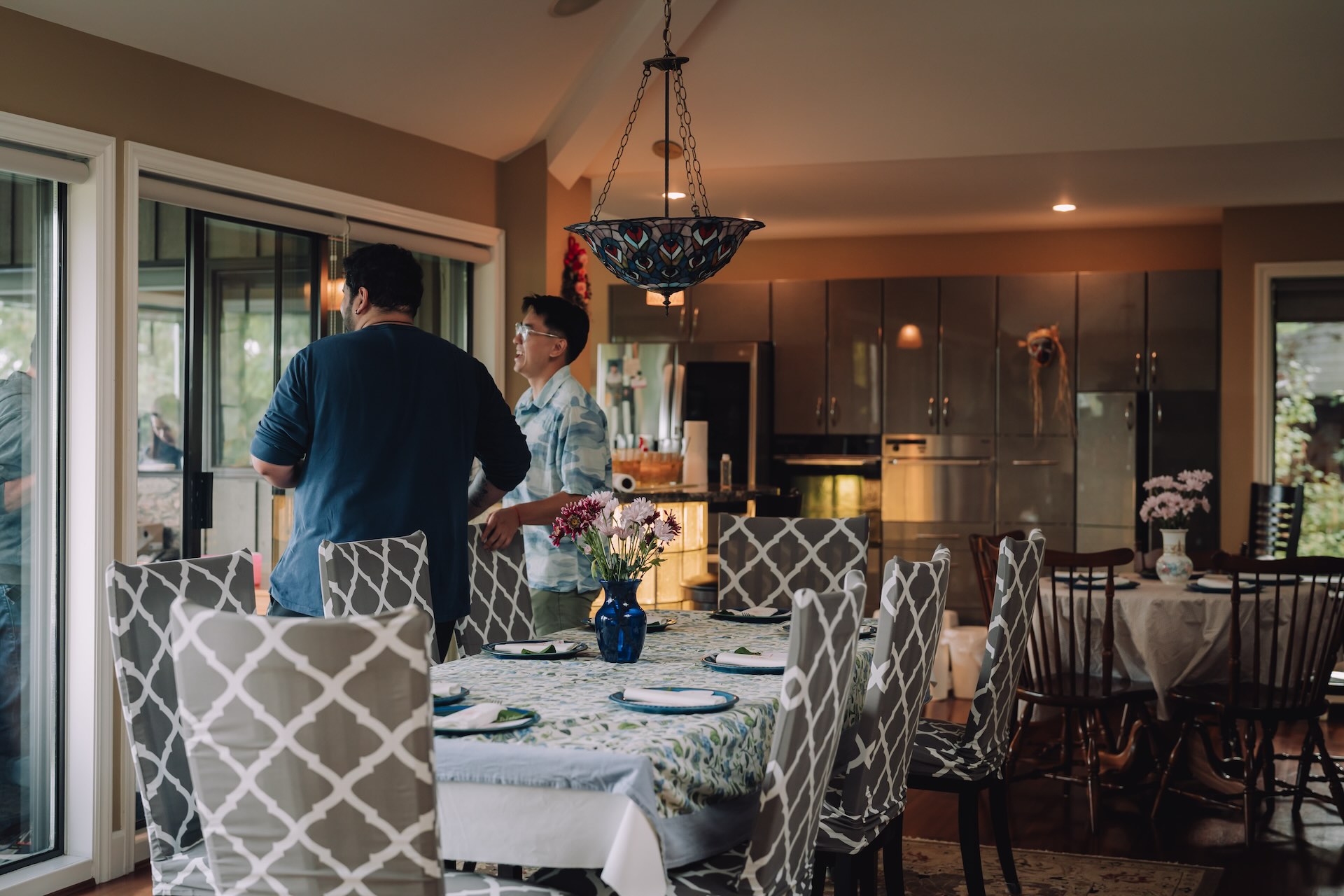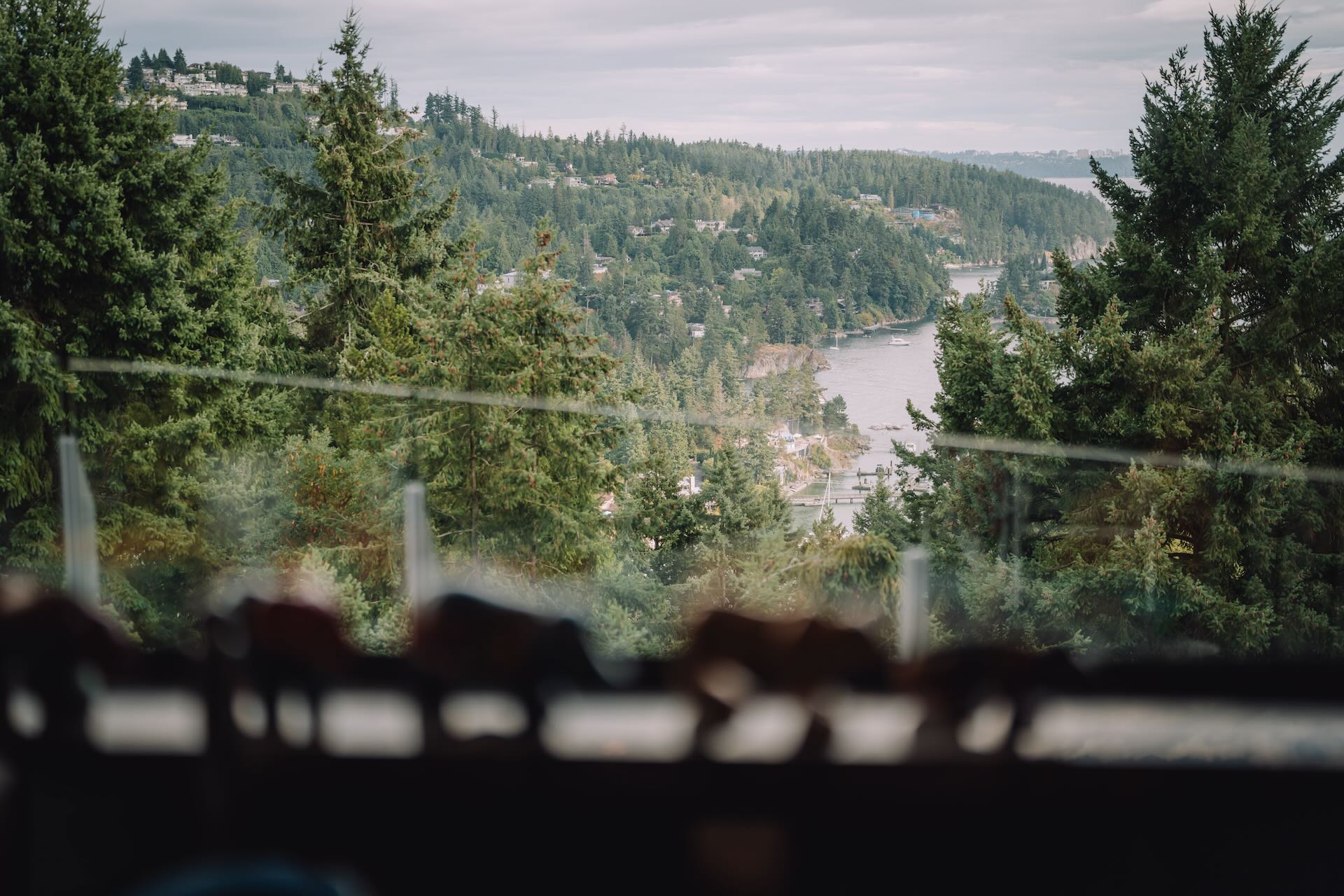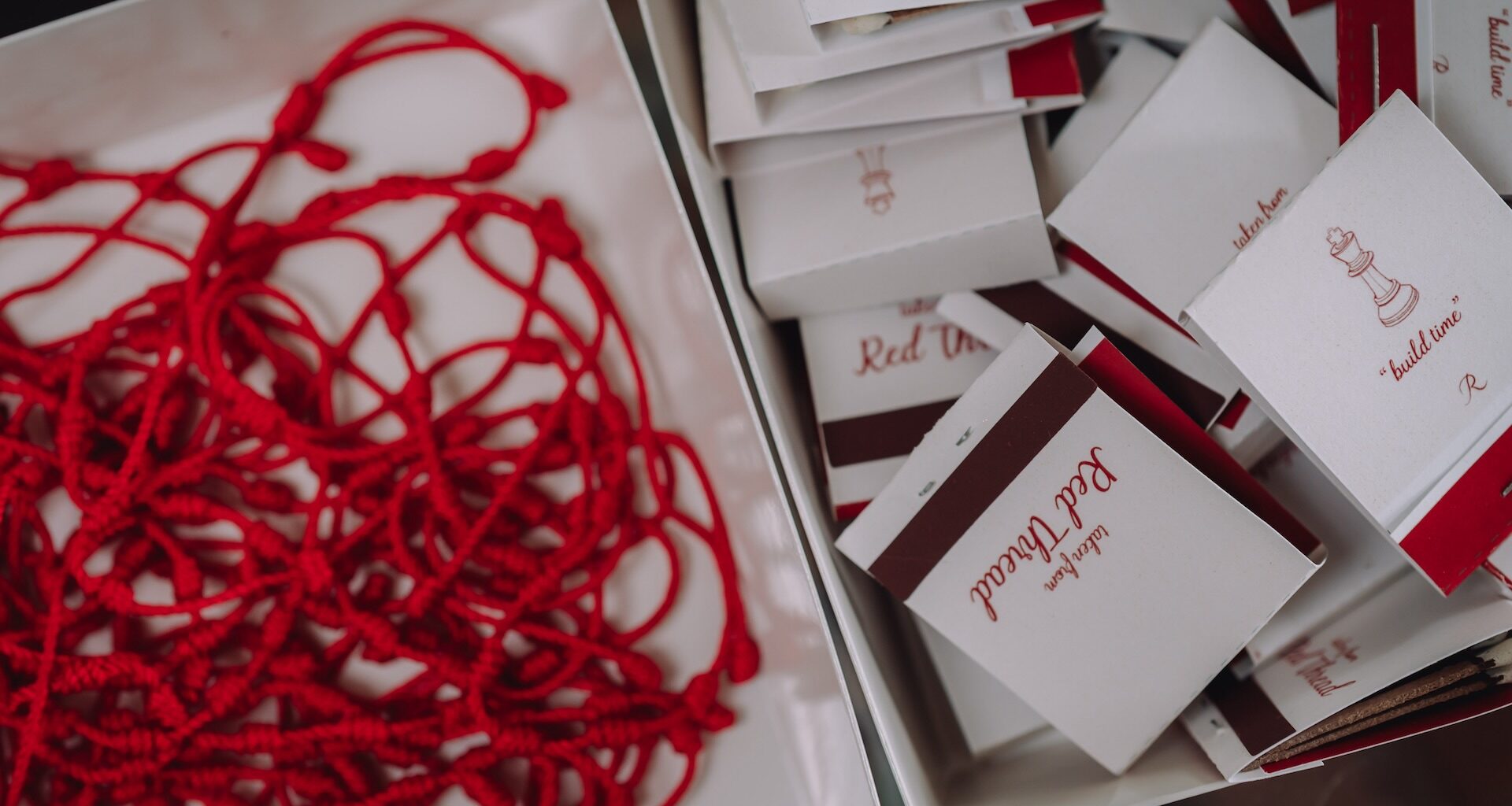VANCOUVER — After years of watching tech founders ditch Vancouver for San Francisco, a group of entrepreneurs in the city have decided to try something different. This summer, dozens of Gen Z founders descended on Stanley Park for a run around the seawall, before heading to a hydrotherapy spa where they sweated in saunas and shivered in ice baths.
It was the start of a 60-day social experiment, known as Red Thread Club, aimed at trying to show the city’s Gen Z founders, who often complain of feeling left out and bored, to stick around.
Talking Points
Gen Z entrepreneurs in Vancouver launched a 60-day social experiment to see if they could revive a local startup culture that felt dead and boring
Young founders who joined Red Thread Club’s events found it easier to make connections with established industry figures and tap into a startup scene that once felt impenetrable
“There’s not enough room to cultivate entrepreneurship for Gen Z,” said Mai Trinh, a 26-year-old co-founder of an AI startup currently operating in stealth mode, and co-founder of Red Thread Club. Trinh’s disenchantment was summed up at a recent conference in the city where she had hoped to make connections with others in the industry, only to sit through a “super underwhelming” muddle of panels and formality. Frustrated, she decided to do something about it.
Trinh was nervous ahead of the first event in early July—a networking social complete with a DJ and a food truck serving ramen—but everyone who registered came. Guests sipped mocktails and slipped on bracelets made of red thread. Later that day, Trinh posted about the event on LinkedIn—then woke up the next day to some 200 messages. It was enough to persuade her to host another event. And then another.
Related Articles
The magic formula, she determined, was having the right mix of people and activities. Numbers-wise, that meant maintaining the right balance of tech entrepreneurs, business owners in other fields, more experienced founders and service providers, such as lawyers. As for activities, she wanted to mix networking with something a bit different: jogging and cold plunging, for example, gave people a chance to look after their bodies, while a mahjong event let them test their appetite for risk.
Gen Z entrepreneurs who attended the gatherings found them to be an ideal antidote to a local tech scene that they felt had grown dull and uninspiring. Rohan Parmar, a 26-year-old recent graduate and co-founder of Claymor, an AI-powered medical billing software provider, had found it hard to break into Vancouver’s tech scene after spending many fruitless hours trying to make industry connections on LinkedIn or email.
In early August, Parmar attended a dinner event where Red Thread Club matched mentors with young founders. He recalls feeling every bit the little fish in a big pond as the great and good of Vancouver’s tech scene, including former Sanctuary AI CEO Geordie Rose, waltzed into the room. “I’m going, ‘Holy shit, I’m the bottom of the barrel in this room,’” he said. “But the point is, I’m still in the room.”

A dinner event in West Vancouver that matched established entrepreneurs with young founders helped Red Thread Club gain momentum. Photo: Viet Vo
Parmar was seated at a table with Andy Minhas, chief medical officer at medtech software firm Cortico Health, and Vivek Balasubramanyam, CEO of Mama Milk Innovations, which makes synthetic breastfeeding products. They broke the ice with a get-to-know-you game, and then the conversation shifted to Claymor and Parmar’s vision for it.
Several of the mentors in the room that night ended up either joining startups as advisors or becoming investors, said Trinh. Parmar said Claymor is now working out the final details of a $5-million fundraise with someone he met at the event and is bringing on another as an advisor.
After the dinner, Red Thread Club took on a momentum of its own. Events had waitlists and the group’s red thread bracelets became a shortcut to meeting like-minded or supportive people in the city’s tech scene.
Red Thread Club has given young entrepreneurs in Vancouver exactly what they’re looking for, said Ray Walia, co-founder and CEO of Launch, a community-building space for entrepreneurs in Western Canada. Events aren’t about beer and pizza, he said, but instead focus on health and wellness, which resonates more with young founders. Launch has sponsored some of Red Thread Club’s events.

After the dinner, Trinh said several mentors joined startups at the event as either advisors or investors. Photo: Viet Vo
The success was nice, but Trinh saw that Red Thread Club was growing beyond what she could handle as a volunteer who was also trying to build her own startup. She considered working on a financial model for Red Thread Club that could keep it going longer, but decided she didn’t want to monetize the community she had helped build.
So she made a plan to end the experiment with a final event: a hackathon to support Ally, a non-profit focused on preventing sex trafficking and exploitation, followed by a party with a dry bar and BBQ, a pickleball court and a flea market. At the after-party, Trinh announced that Red Thread Club would be shutting down.
That’s the unfortunate reality of community building, said Walia, adding that it’s a fairly thankless job that requires a lot of time and energy. People often step away once the network they’re building starts to flourish, he said, so they can focus their energy on other endeavours. “A lot of times, there’s not much of a succession plan there to keep those organizations going.”
As far as Red Thread Club goes, entrepreneur Tyler Nee, who co-founded the group with Trinh, created a spinoff—The Syndicate, a community-building enterprise for founders, investors and others in Vancouver’s tech industry. Trinh has also continued to host events for the community she’s brought together. On Halloween, they gathered in costume—no Patagonia vests allowed, she joked—for a murder mystery party. “I cannot consistently provide the same value as we did at Red Thread Club,” Trinh said. “But the format, the idea, the creativity, the intention, the collaboration is still the same.”
Soon, that too will come to a somewhat ironic end. Trinh and the co-founder at her AI startup, both international students, will soon leave Vancouver for San Francisco—but not out of choice. Trinh said she wanted to build her company in Vancouver, but, as her startup started to gain momentum, she was worried she wouldn’t be able to get a visa to stay in Canada. Getting a visa to move to the U.S., by comparison, would be relatively easy, she said—as would finding the support she needs to keep growing her business. It’s disappointing, said Trinh, “but I’m also excited to not have to fight an uphill battle anymore.”
She’s not the only one. Parmar is also working out the details of a move to San Francisco, both for him and the company he’s building. One of his mentors, he said, told him that San Francisco is like living in the Red Thread Club 24-7. Parmar hasn’t found anything locally to match the energy at Red Thread Club’s events. “I miss the connections and the opportunities that came with it,” he said, “and so I got to chase that high by moving to San Francisco.”



